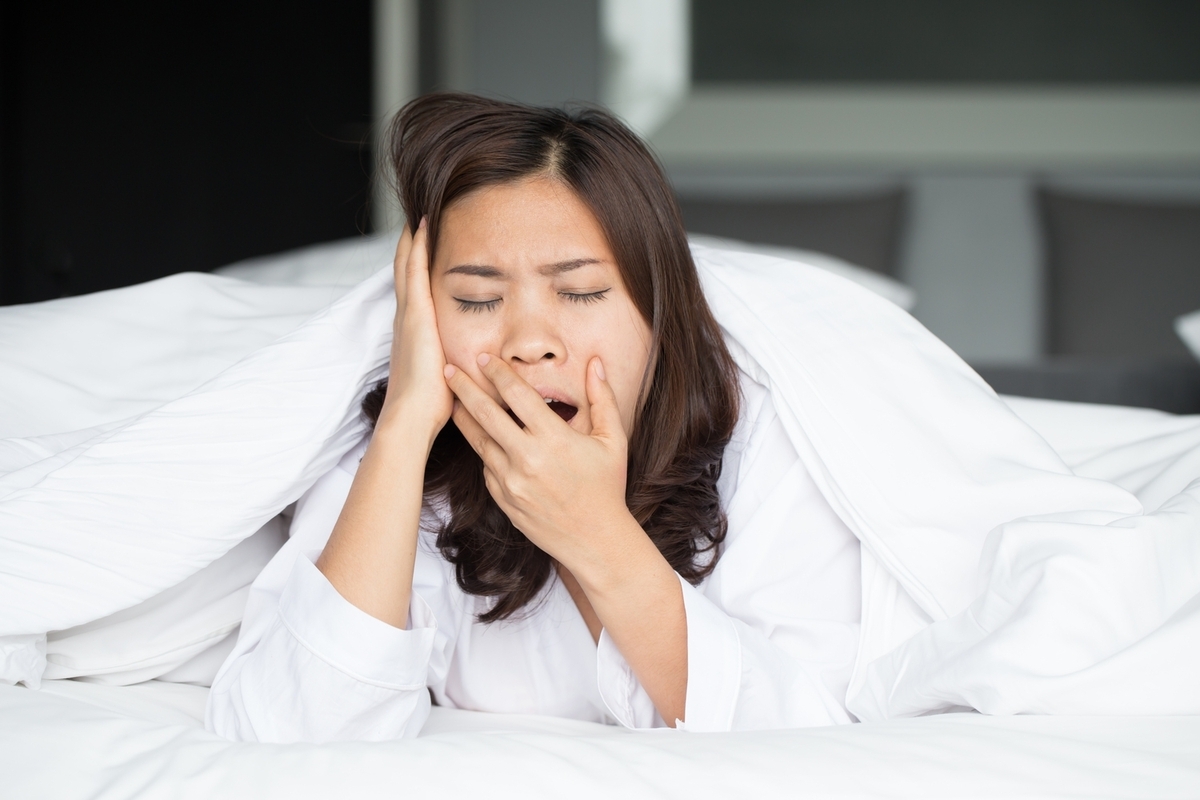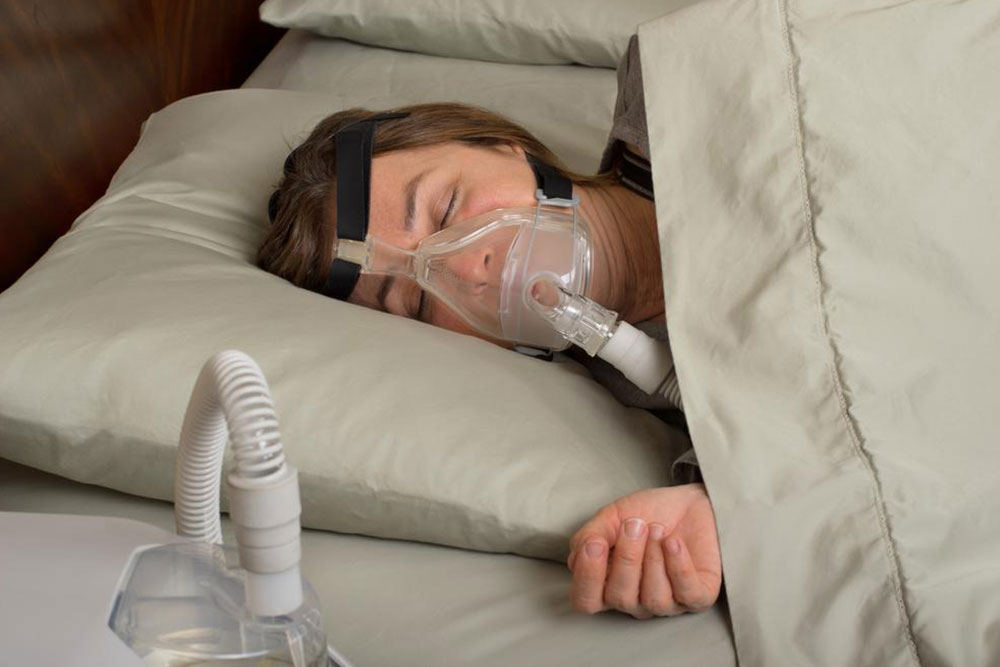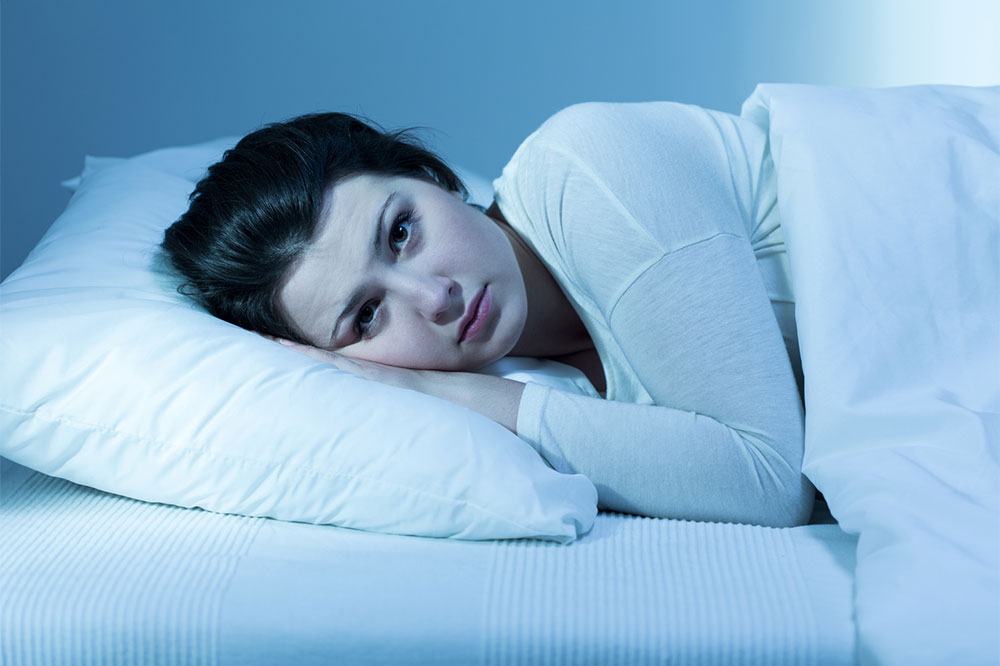Managing Persistent Daytime Drowsiness: Causes and Solutions
Discover the causes of persistent daytime sleepiness and effective strategies for management. This article covers sleep disorders, mental health factors, lifestyle habits, and medical options to improve alertness and overall health, providing essential tips for combating excessive sleepiness and enhancing quality of life.

Managing Persistent Daytime Drowsiness: Causes and Solutions
Experiencing excessive sleepiness during the day is a common concern affecting many individuals worldwide. Characterized by ongoing fatigue and difficulty maintaining alertness, despite adequate sleep, this condition often points to underlying health or lifestyle factors. Identifying whether sleep disorders, mental health issues, chronic illnesses, or habits contribute is crucial for effective relief. Proper diagnosis combined with lifestyle adjustments can enhance alertness and overall well-being.
What Is Daytime Sleepiness?
Daytime sleepiness is a symptom associated with various health conditions rather than a standalone problem. Addressing its root causes is vital for effective treatment.
Beyond simple tiredness, chronic sleepiness can increase the risk of accidents, impair cognitive function, and impair overall health.
Health Issues Contributing to Daytime Sleepiness
Sleep Disorders
1. Obstructive Sleep Apnea (OSA): This condition involves airway blockages during sleep caused by relaxed throat muscles, leading to frequent awakenings and poor sleep quality, which results in daytime drowsiness.
2. Narcolepsy: A neurological disorder causing sudden sleep attacks and muscle weakness (cataplexy), disrupting natural sleep cycles.
3. Restless Legs Syndrome (RLS) and Periodic Limb Movement Disorder (PLMD): These conditions involve involuntary leg movements during sleep, fragmenting rest and causing daytime sleepiness.
Mental Health Influences
1. Depression and Anxiety: Both can disturb sleep—depression may cause oversleeping, while anxiety can cause insomnia—leading to drowsiness during waking hours.
2. Bipolar Disorder: During depressive episodes, sleep disturbances can exacerbate sleepiness during the day.
Chronic Medical Conditions
1. Chronic Fatigue Syndrome (CFS): Characterized by persistent exhaustion unrelieved by rest, often combined with sleep disruptions, resulting in ongoing sleepiness.
2. Hypothyroidism: An underactive thyroid reduces energy and can cause sleepiness.
3. Blood Sugar Fluctuations: Conditions like diabetes can lead to energy dips and sleep disturbances, increasing daytime drowsiness.
Lifestyle Habits Influencing Sleepiness
Poor Sleep Routines
1. Irregular Sleep Hours: Varying sleep times disrupt biological clocks, impairing sleep quality and increasing daytime sleepiness.
2. Sleep Environment: Factors like excessive noise, light, or uncomfortable bedding hinder restorative sleep.
3. Screen Time Before Bed: Exposure to blue light suppresses melatonin, delaying sleep onset.
Substance Use and Sleepiness
1. Caffeine and Alcohol Consumption: Excess caffeine can cause insomnia, while alcohol, though initially sedative, can lead to restless sleep, both contributing to drowsiness.
2. Smoking: Nicotine stimulates the nervous system and may disrupt sleep, especially when consumed near bedtime.
Effective Ways to Reduce Daytime Drowsiness
Managing sleepiness involves adapting habits and seeking medical help when necessary. Consider these approaches:
Improving Sleep Hygiene
1. Regular Sleep Schedule: Going to bed and waking up consistently helps align internal clocks.
2. Sleep-Conducive Environment: Keep your room dark, quiet, and cool for better rest.
3. Limit Screen Exposure: Reducing device use before bed supports natural sleep hormone production.
4. Avoiding Stimulants and Alcohol at Night: This promotes more restful sleep.
Medical Interventions
1. CPAP Devices: For sleep apnea, these machines maintain open airways and improve sleep quality.
2. Prescription Medications: For narcolepsy or severe mental health problems, supervised medication can help.
3. Behavioral Approaches: Cognitive Behavioral Therapy for Insomnia (CBT-I) addresses sleep difficulties linked to psychological factors.
Understanding the causes of daytime sleepiness and taking proper steps can greatly enhance your health and daily performance. Lifestyle improvements, medical treatments, and professional advice are essential to achieve higher alertness and well-being. If persistent sleepiness continues, consult a healthcare provider for proper evaluation and treatment.


